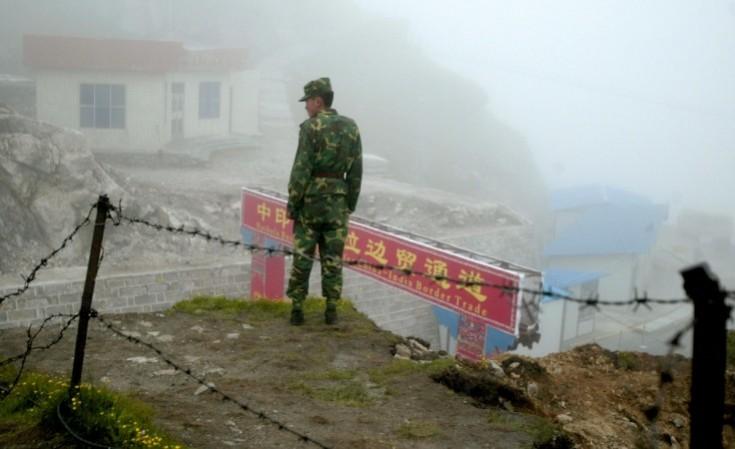
The National Defence Ministry of China issued a white paper on Wednesday, July 24, on the Doklam stand-off with India in 2017. The paper says China is working to promote stability along the India-China border by creating "favourable conditions" for the peaceful resolution to the Doklam stand-off.
The document titled 'China's National Defence in the New Era' said: "China's armed forces maintain a rigorous guard against encroachment, infiltration, sabotage or harassment so as to safeguard border security and stability."
"They strive to promote stability and security along the border with India, and take effective measures to create favourable conditions for the peaceful resolution of the Donglang (Doklam) stand-off," it added, according to PTI.
Tensions between China and India heightened in 2017 after Indian forces halted the construction of roads by People's Liberation Army near a trijunction border area in Doklam. The disputed region is claimed by both China and Bhutan. Indian and Chinese troops called off the stand-off in Doklam after 73 days following multiple rounds of diplomatic talks between the two countries.
The white paper also analysed Chinese military developments and compared them with India, the US, Russia, France, Germany and Japan.
The document claims that technological advancements are the future of advanced warfare strategy: "Driven by the new round of technological and industrial revolution, the application of cutting-edge technologies such as artificial intelligence (AI), quantum information, big data, cloud computing and the Internet of Things are gathering pace in the military field."
The document claims that military competition is enhanced with technological developments along with the rapid development of long-range precision, intelligent, stealthy or unmanned weaponry and equipment. "War is evolving in form towards informationised warfare, and intelligent warfare is on the horizon," it said.
It also discussed defence expenditure with respect to its national economic devolvement strategy to maintain a 'moderate and steady growth'. It self-proclaimed its military expenditure as open and transparent that attends to both development and security within reasonable and appropriate limitations.
"It is making an integrated effort to build a prosperous country and a strong military, and striving for the coordinated development of national defence and the economy," the document claims.
International defence think-tank, the Stockholm International Peace Research Institute (SIPRI) ranked China the second-largest spender on defence in the world with a military expenditure of $250 billion in 2018. The US topped the charts with $639 billion while India spent $66.5 billion in 2018.















